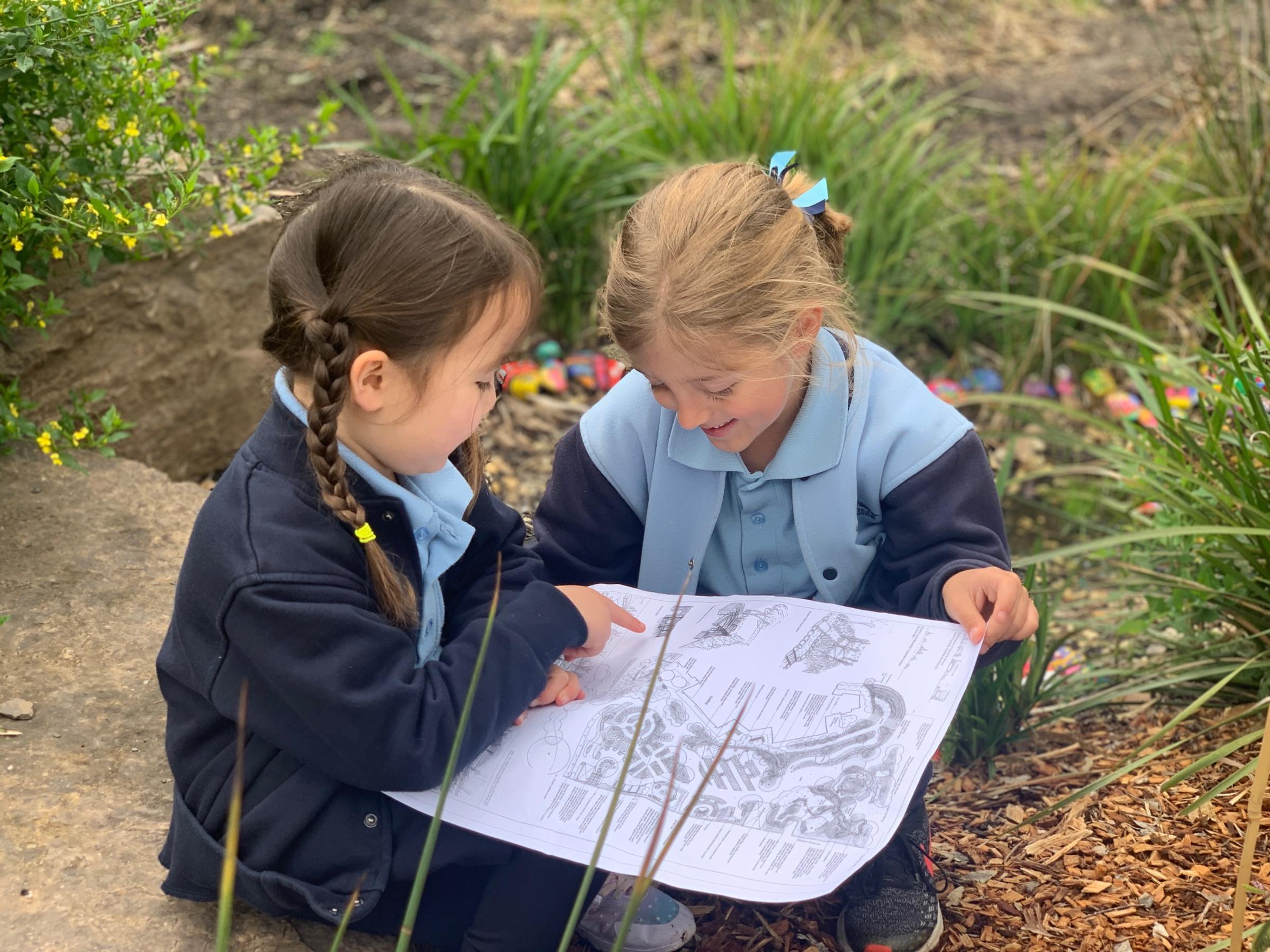From the
Principal

From the
Principal


Dear Parents / Carers,
Since we have returned from lockdown, our data shows that the lateness of students has doubled to what it was before lockdown. I was reading an article last week by Dr Emmanuella Murray who claims that chronic lateness is on the rise as Australians struggle to break habits formed during two years of lockdown and the Covid-19 pandemic. Increased time at home left many people feeling disorganised and lacking in punctuality. The author argues that chronic lateness is a lingering effect, affecting many people.
One of the most important aspects of school is that the day is organised, timetabled and predictable. Students depend on the structure of the day. They know what happens and when it will happen on each day. They know the main purpose for being in school is to learn and that routines are in place precisely to help them focus on that learning. When students are repeatedly late, these routines are disrupted. Children who are often late have trouble settling in and following routines. They also miss the learning that occurs in the first part of the morning. Lateness can upset their whole morning or even their day, especially if the start of the day before they came to school was stressful.
Conversations with students indicate that reasons for lateness include the use of devices late into the night and being tired and needing more sleep. While there are aspects that we cannot control such as unexpected heavy traffic flow, limiting the use of devices and going to bed at a reasonable hour are within our control.
Another reason for lateness is school avoidance due to aspects of school life being challenging. Who can remember the story of The Little Red Engine from their childhood? It was a very simple story but one that carries a good message. The story featured a little red engine which, when it faced the challenge of going up the hill, chuffed over and over again, “I think I can, I think I can, I think I can” and when it got close to the top of the hill it changed the words to, “I know I can, I know I can, I know I can”.
Imagine if we could skill all our children to consistently use the words of the Little Red Engine in their self-talk when they faced a situation that was challenging in their learning - either academically or socially. It is well known that if children have, "I know I can" self-talk that they are more likely to have a go at a range of challenging tasks.
“Self-talk" is what we say to ourselves to explain things that happen throughout the day. When children can say to themselves that they can do something they are more likely to succeed. There is a strong correlation between how we think, feel and act.
Parents have an important role in helping a child to develop positive self-talk. Children learn from the adult role models around them. How many times do we focus excessively on the negative aspect of a situation - which, when it is placed in context is just a very small part in the scheme of things?
Success and failure are part of life. However, when a child does not meet expectations or fails in something it is important that we frame our feedback in a way that makes the child want to have a go at getting it right.
Anne Babich
Principal